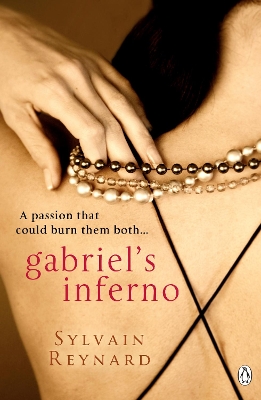Reviewed by nitzan_schwarz on
This book is wildly popular, having near 80,000** rating on Goodreads and an average score of 4.07. And so, I expected to like it. I expected it to be a good read. Sadly for me, neither happened.
I barely tolerated the first half of this book, and even after that it was merely "okay", resulting in the low rating of 2 stars.
I'm trying to put my thoughts in order, but I find it difficult to put my feelings for this book in writing. I'll start with some of the more dry stuff, and then get to the content. Hopefully this review won't be too over the place. If it will, though, it'll fit the book quite nicely, because the plot for Gabriel's Inferno was truly all over the place....
The Writing
The writing annoyed me, for the most part.
First of all, there were the rapid changes in Point of View, sometimes in the middle of paragraphs. They confused me, especially at first when I needed some time to discern who was speaking.
There was excessive use of the word "For". Using the word "For" (Such as: "For she knew that…") gives a story either an old fashioned or a fairytale like feeling. That's not necessarily a bad thing, but here I felt like it didn't fit. Especially when in other places the writing reverted into modern, and sometimes crude.
There were...
To read the rest of this review, go here
Reading updates
- Started reading
- 8 October, 2012: Finished reading
- 8 October, 2012: Reviewed
